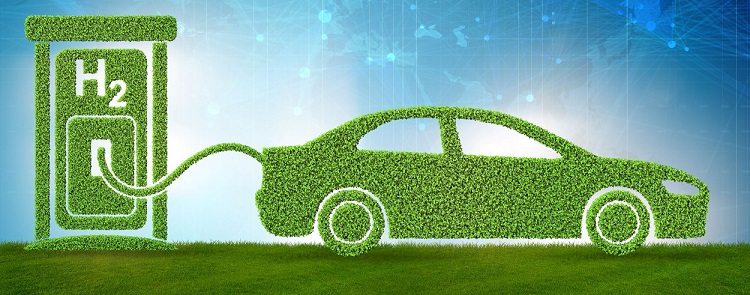Nigeria is positioning itself to capture a significant share of the global hydrogen market, projected to be worth $200 billion by 2030, leveraging its abundant renewable energy resources, particularly solar and wind.
Speaking at the maiden Nigeria Conference on Hydrogen in Abuja, Vice President Kashim Shettima emphasized the country’s potential to lead hydrogen production in Africa. Represented by Sadiq Wanka, Special Adviser on Power Infrastructure, Shettima highlighted the importance of building human and technological capacity to harness this emerging market. He called for regional and international collaboration, particularly with advanced countries, to facilitate knowledge transfer.
“The investments required for hydrogen infrastructure are vast and must be driven by the private sector. Developing natural gas pipelines for future hydrogen transport will significantly cut costs and attract capital,” Shettima noted.
Nigeria’s Green and Blue Hydrogen Potential
Minister of State for Petroleum Resources (Gas), Ekperikpe Ekpo, stated that as Africa’s largest economy and most populous nation, Nigeria’s energy demand is set to double by 2050. Harnessing resources to produce green hydrogen could help reduce emissions and decarbonize sectors like transport, power generation, and heavy industry.
“Nigeria’s 206 trillion cubic feet of natural gas reserves and 2,000 hours of annual sunshine provide a strong foundation for blue and green hydrogen production,” Ekpo said, aligning the initiative with President Bola Tinubu’s vision for sustainable energy.
Permanent Secretary in the Ministry of Petroleum Resources, Nichola Agbo Ella, added that integrating hydrogen into Nigeria’s energy mix could help achieve the nation’s target of reducing carbon emissions by 20% by 2030, as outlined in its Nationally Determined Contributions (NDCs). He highlighted that hydrogen technology could decarbonize hard-to-abate sectors like heavy industry and long-haul transport.
Investment Opportunities and Economic Benefits
The three-day conference showcased opportunities for public-private partnerships to address Nigeria’s estimated $50 billion energy transition investment needs. While infrastructure development, such as pipelines and refueling stations, remains a challenge, experts expect green hydrogen production costs to drop from $4–$6 per kilogram to $1–$2 by 2030.
Ella noted that Nigeria’s hydrogen economy could create over 300,000 jobs by 2035 in engineering, manufacturing, and service sectors.
House Speaker Tajudeen Abbas, represented by Victor Obuzor, called for strong regulatory frameworks to ensure safe hydrogen adoption. The House pledged to provide the necessary legislative backing to support this transition.
Minister of Innovation, Science, and Technology, Uche Nnaji, stressed the need for collaborative efforts, while FOSSREA Chairman Aliyu Mijinyawa emphasized Nigeria’s aim to lead the global hydrogen economy.
Juan Ignacio Sell, Spain’s Ambassador to Nigeria, reiterated Spain’s commitment to supporting Nigeria’s fair energy transition.
A Path Toward Sustainability
The conference, organized by FOSSREA in partnership with the Ministry of Petroleum Resources, marks a significant step in Nigeria’s energy transition journey. Hydrogen, as a clean energy carrier, offers Nigeria a pathway to economic growth, energy security, and climate change mitigation. With strategic investments and collaboration, Nigeria aims to emerge as a key player in the global hydrogen economy, aligning with its broader sustainable development goals.










